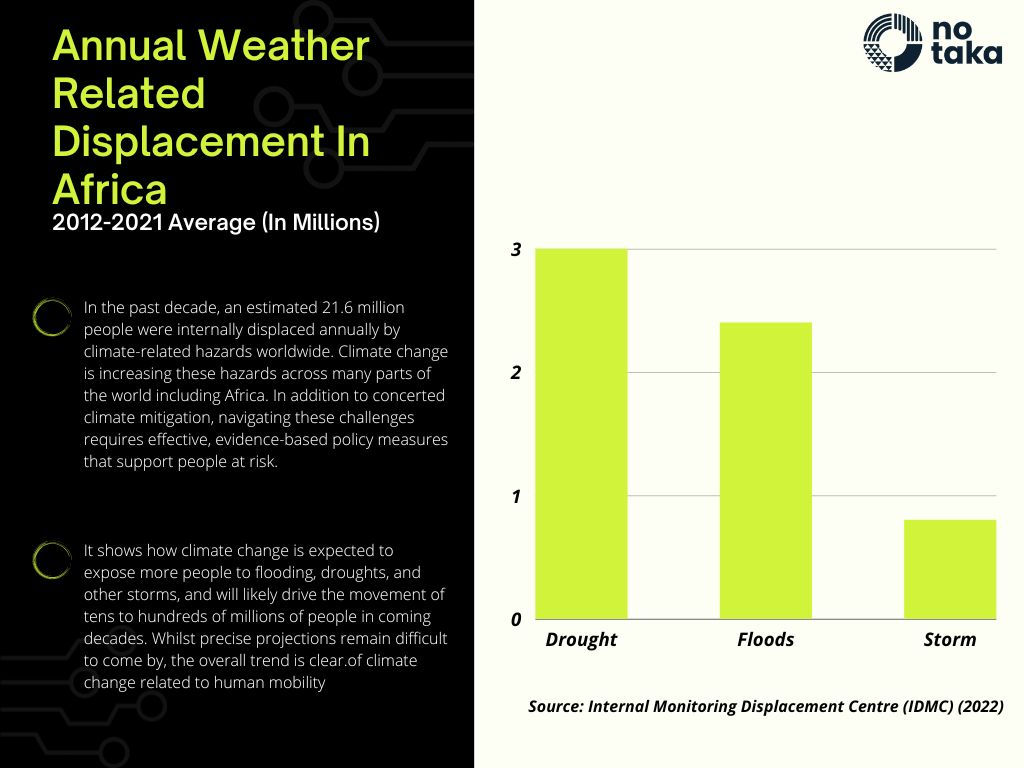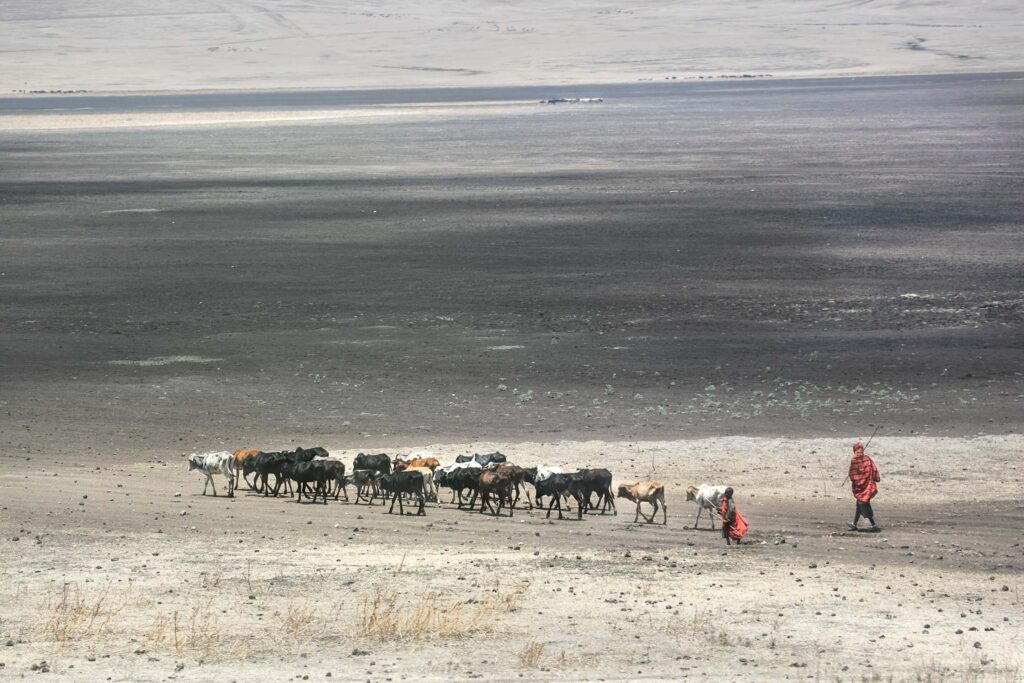Data, Regional Integration & Free Movement in Africa
Over the years, communities have been seen to evolve. Without dispute, it is visible in common social examples as people’s preferences, trends, behaviour patterns and lifestyles in general change and forces them to move. The preceding phenomena also factor in the rapid nature of mobility due to urbanization and technology. Several benefits are housed within the process. Grounds for more innovation are augmented, labour is transformed into more fluidity and flexibility, and cultures are integrated. All preceding instances expedite more development opportunities for people in those respective communities.
As commensurate as it is to the sound, the evolution, as mentioned earlier, stems from important underlying social, political and economic factors that influence and determine how that evolution will be.In recent years migration in Africa has been induced by slow-onset events such as droughts, desertification, deforestation, water scarcity, rising sea levels, and coastal erosion. All have increased in occurrence and severity over the last few decades due to the effects of climate change.
A lot has been cited regarding the incalculable nature of mobility in Africa, even to a great degree with the ongoing global climate crisis. The continent has a mission to evolve simultaneously against pre-existing barriers and the unprecedented effects of climate change; as young as the African continent is, young people are victims of climate-induced migration but can also be a catalyst or solution to the problem.

These foundational thoughts pushed my mind into unpacking the issue of climate mobility differently in the African context after attending 1st week of discussions and information-sharing sessions at the 27th United Nations Framework Convention on Climate Change in Sharm El Sheikh, Egypt.
To my army of young people, how about we converse about two contextual issues in Africa that can also be part of the solution to climate-induced mobility challenges and how congruent the issues are to the youth.
Data and Mobility
Holistic approaches to undertaking local research that examines the intersectional linkages of climate mobility and other social-political issues should be prioritized. Climate mobility is not a stand-alone issue, and looking at it as an independent challenge does not suffice enough information for sustainable solutions. Data available and discussed is mostly on climate-induced mobility effects but not causative factors.
The term ‘data’, as used often during the CoP27 conversations, should be backed by concrete plans on how it can be attained and applied.
Investing in young people to learn data science skills and knowledge can make them contributors to climate mobility data pools and hasten the data integration process in the region. I.e. As more scholarships are given for engineering studies, the same should be done for data scientists in the climate mobility space.
With 70% of sub-Saharan Africans under 30, young people in Africa have the power and strength to drive agendas in the media. Governments and other development stakeholders can use this power to set climate mobility data as a primary agenda and influence action around it.
Due to the climate-induced mobility urgency, informal data collection channels can also be used under verification mechanisms, i.e. indigenous knowledge, cross-border entities and local community authorities. Let data sources not only be chained down to scientific tools and internationally accredited institutions but diversified.
Lastly, how data is communicated should be reviewed, especially to grassroots communities. New media has the transformative power to remake how we share data with local communities. The synergy between data, information and interactive storytelling should be inquisitively explored.
Regional Integration & Free Movement
The enactment of ‘managed migration systems’ in Africa can be an excellent junction to explore as a solution for climate mobility challenges and an adaptation strategy for host communities. Due to the unstable nature of relationships between countries in Africa, managed migration can serve as a short-term intervention with permanent approaches, i.e. settlements, to create an avenue for free movement to come about gradually as trust is built between nations.
An array of current data by different stakeholders, including the World Bank (World Bank 2011, p.33), denote that most mobility activity falls under regional scopes. From the above petition, leveraging regional integration as a comprehensive multilateral strategy for planned migration is only strategic.
Regional corporations grant opportunities that harmonize tense situations among countries and help influence countries’ adaptive capacity to different development agendas like free movement. They can be used as instruments of liberalization at the regional level erasing irregular patterns of migration, which may also result in further repercussions like human trafficking.
Separate from catalyzing socio-economic development and maximizing opportunities for young people, the free movement offers Africa the rare opportunity to act upon common challenges like climate-induced migration with collective power. Free movement can widen spaces for trade and labour markets. Tourism, easened demographic pressure and cultural integration are among the additional margins to the benefits of free movement in Africa.
Our envisioned future communities engraved in the Africa Agenda 2063 can be realized under coherent frameworks marrying mitigation and adaptation strategies against climate-induced mobility. Strategies that create spaces and support young people’s development.

